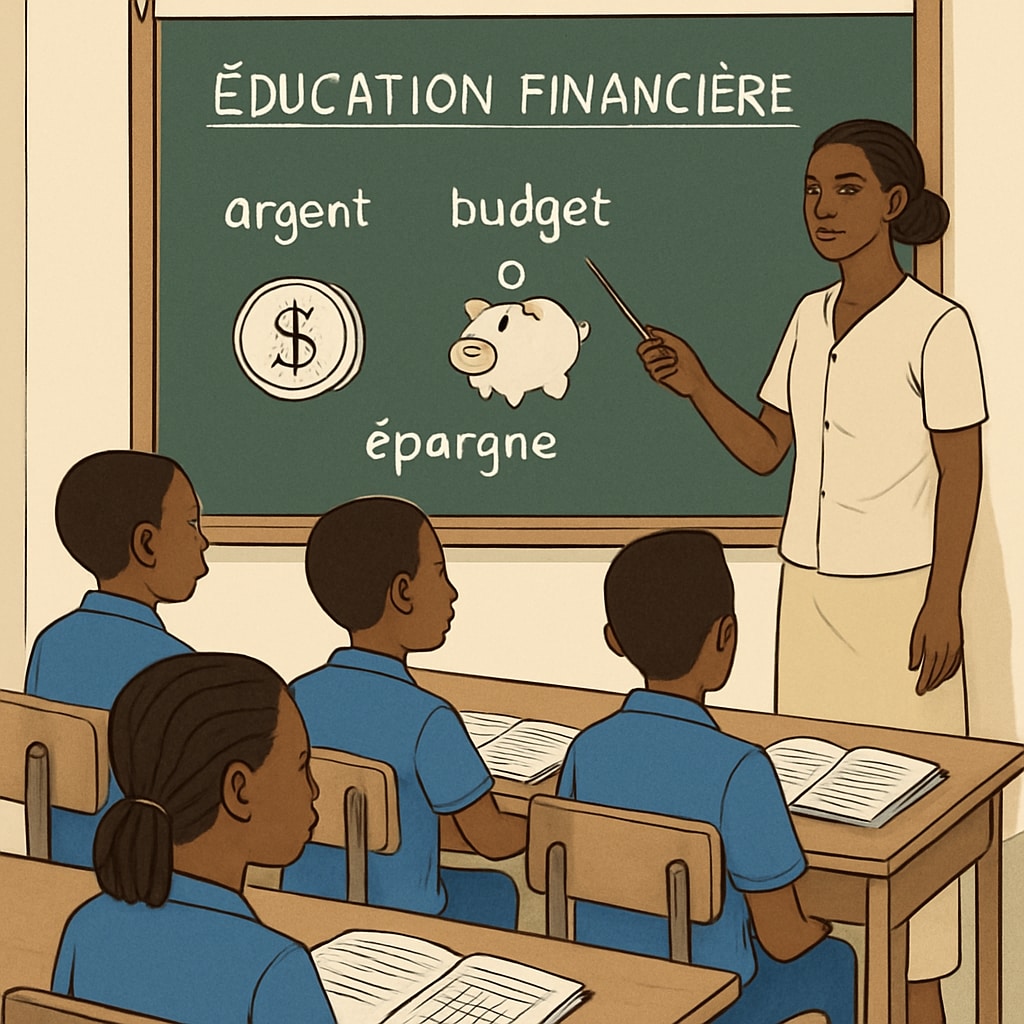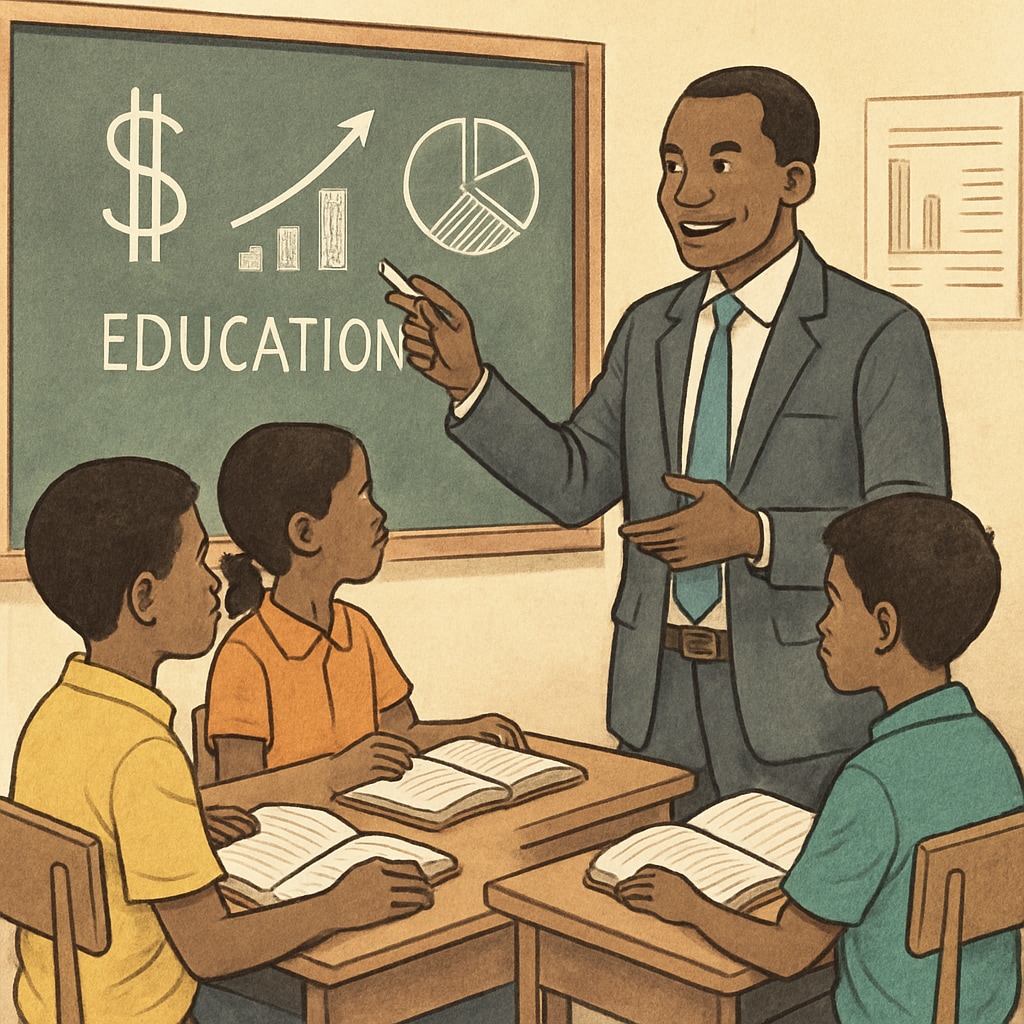Students pursuing careers in finance in developing countries like Mali often face significant hurdles stemming from gaps in the K12 education system. These challenges limit their ability to transition successfully into the workforce, creating barriers to professional growth and economic mobility. This article examines how early education impacts financial career development, highlights existing deficiencies, and proposes actionable reforms for K12 education to better equip students for success.
Challenges in K12 Education Systems in Developing Economies
K12 education systems in developing countries frequently lack the necessary resources, curriculum, and teacher training to adequately prepare students for specialized fields like finance. For example, in Mali, many schools do not include financial literacy as part of their curriculum, leaving students with limited understanding of basic economic concepts such as budgeting, investments, and loans. As a result, students entering university face steep learning curves and struggle to compete in the global financial job market.
Furthermore, these educational systems often prioritize rote memorization over critical thinking and problem-solving skills, which are essential for careers in finance. This approach not only impacts students’ academic performance but also limits their ability to adapt to complex, real-world financial scenarios.

How K12 Education Impacts Career Readiness in Finance
The absence of early exposure to financial concepts has long-term repercussions for students pursuing financial careers. Without foundational knowledge, students are less likely to excel in advanced finance courses in university. This lack of preparedness also affects their confidence and ability to secure internships, participate in case competitions, or even network effectively—key components for career advancement in the financial sector.
Additionally, the limited integration of technology and modern teaching methods in K12 classrooms further isolates these students from global standards. In countries like Mali, where digital literacy is also low, students are often unfamiliar with tools such as Excel, financial modeling software, and online trading platforms, which are essential in the financial industry.

Proposed Reforms for K12 Education in Developing Nations
To address these challenges, governments and educational institutions must prioritize the inclusion of financial literacy in K12 curricula. Below are key recommendations:
- Introduce Financial Literacy Early: Schools should implement age-appropriate financial education starting from primary grades to ensure foundational knowledge by the time students reach secondary school.
- Teacher Training Programs: Invest in training educators to teach financial concepts effectively, leveraging interactive and practical teaching methods.
- Integrate Technology: Equip schools with digital tools and resources to enhance financial education, ensuring students are familiar with industry-standard software and platforms.
- Collaboration with Financial Institutions: Partner with local banks and financial organizations to provide mentorship, workshops, and internship opportunities.
- Assess Impact: Regularly evaluate the outcomes of these reforms and adapt strategies based on student performance and industry feedback.
These steps can create a more robust pipeline of talent for the financial sector, ensuring that students from developing countries like Mali are better prepared for the demands of modern financial careers.
Conclusion: Bridging the Gap Between Education and Employment
The challenges faced by financial students in countries like Mali underscore the urgent need for reform in K12 education. By introducing financial literacy early, improving teacher training, and fostering collaboration with industry leaders, developing nations can empower their youth to navigate the complexities of the financial world. This investment in education not only benefits individual students but also contributes to broader economic development and global competitiveness.
Ultimately, creating a stronger connection between classroom learning and career readiness will pave the way for a new generation of financial professionals who can drive innovation and growth in their communities and beyond.
Readability guidance: This article uses concise paragraphs and lists to summarize key points, incorporates transition words to maintain flow, and minimizes passive voice for clarity. The recommendations provide actionable solutions, ensuring accessibility for readers at various levels of expertise.


